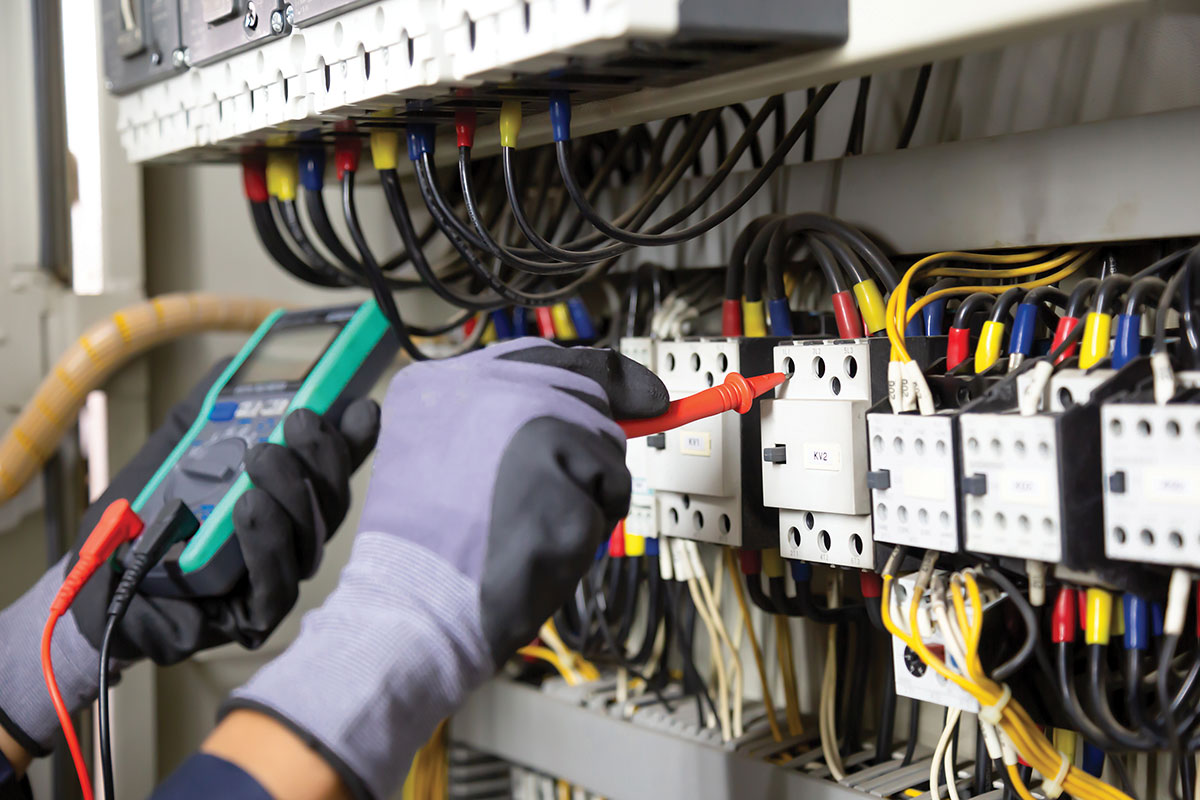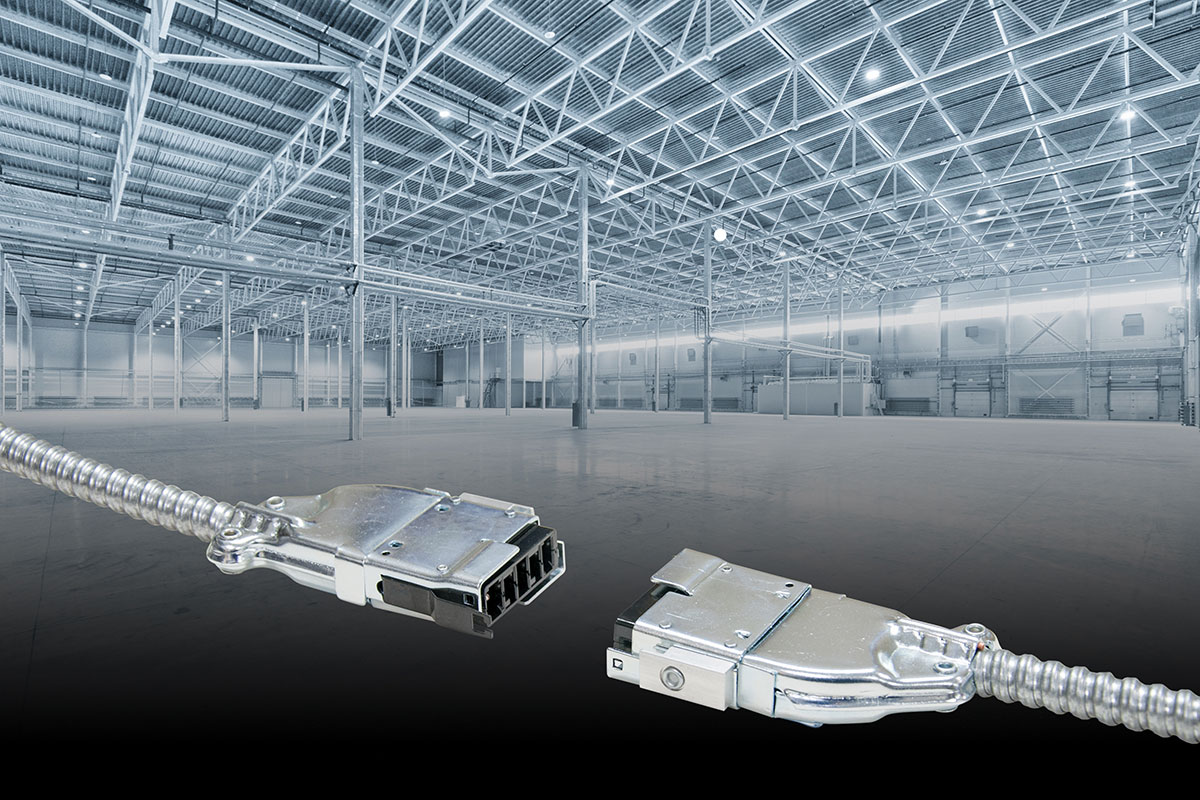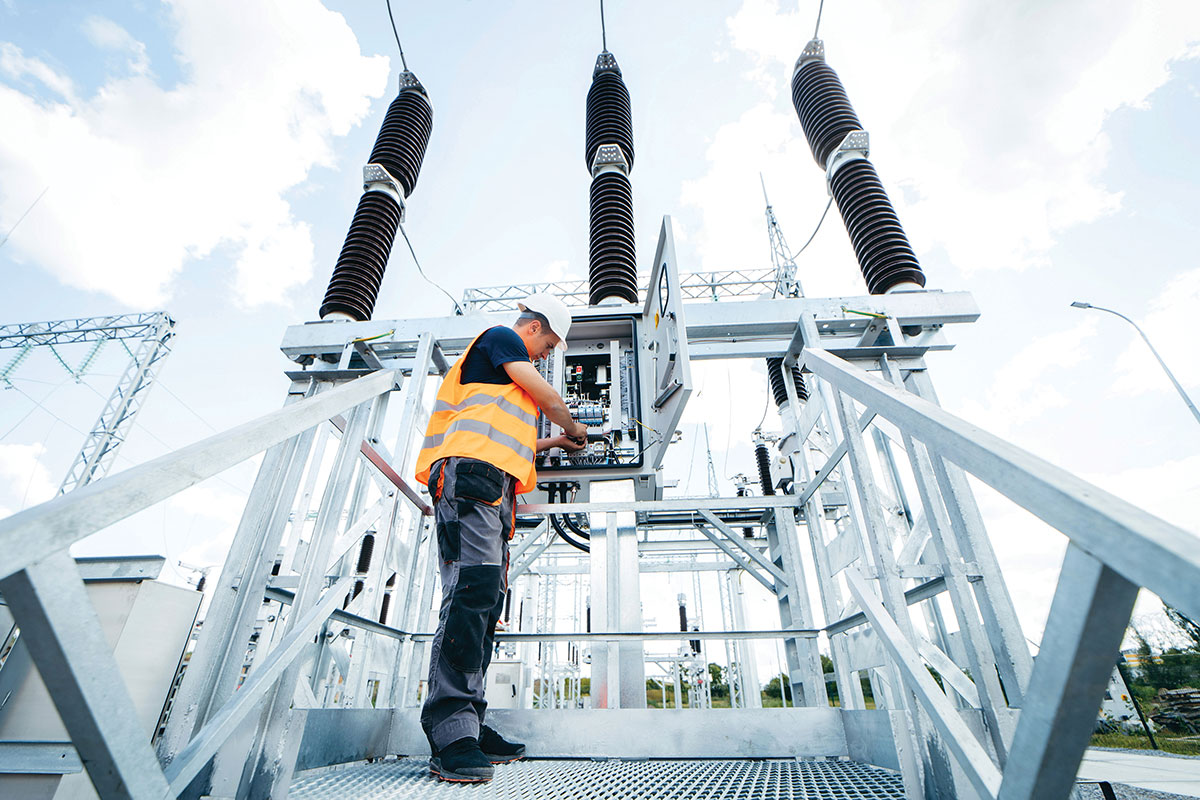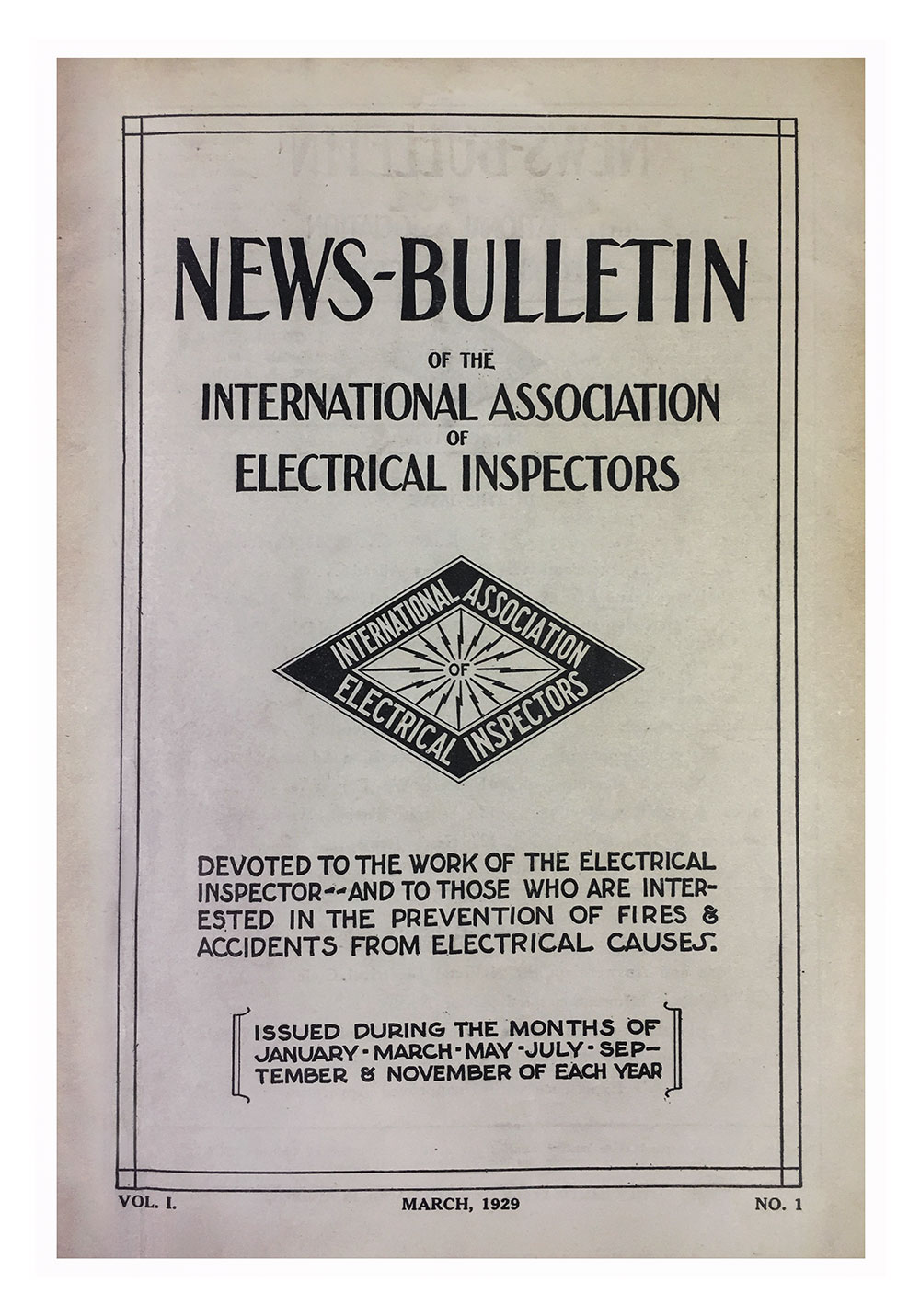Now that the cycle for the 2008 edition of the National Electrical Code is almost complete, IAEI must begin planning for the next cycle. IAEI continues to play an important role in the NFPA consensus code-making process by supporting inspector members on the code-making panels of NFPA 70 – National Electrical Code. Questions have been asked by members concerning the way IAEI selects inspector members for nomination to the various code-making panels. Let’s examine the process.
IAEI has two members, a principal and an alternate, on the twenty (20) panels. There were two meetings, one on proposals (ROP) and one on comments (ROC), for the 2008 NEC cycle. At the conclusion of this cycle, there will be openings for code-making panel chairpersons. IAEI will apply for some of those openings. Because of movements of personnel, it will be necessary to move some of our representatives to other panels or to nominate new members on some panels.
IAEI maintains a Code Panel Candidate Pool of inspectors that have completed and submitted an application to serve as a code-making panel member. The application was reviewed and validated by the applicant’s chapter board of directors, forwarded to the section’s board of directors for review and validation, and finally forwarded to the International Code Clearing Committee. The International Code Clearing Committee reviews the application and assigns a numerical grade, based on criteria submitted in the application. The committee then recommends the applicant to the International Board of Directors for placement in the Code Panel Candidate Pool. This process depends on full and accurate information in the application. Since code-panel members must have experience and knowledge in the code-making panel’s work, it is very important that the applicant document his or her experience and knowledge in the particular code panel being applied for. When openings for the enforcer category are available on code-making panels, IAEI nominates the candidate that has received the highest score in the review process for that particular opening.
According to the IAEI Bylaws and Operating Rules, an inspector must meet certain requirements to be considered as a code-making panel member representing IAEI. Section 105(6) of the IAEI Operating Rules states that NEC CMP candidates must meet the requirements of Section 202(B) which requires that the inspector member must be in good standing and be regularly engaged in the inspection of electrical work on behalf of federal, state, provincial, county, or municipal governments for an average of twenty (20) hours or more each week. Other requirements include: (1) responsibility to answer questions submitted by the International Office; (2) refraining from creating a conflict of interest such as participating in, conducting, promoting or receiving profits from book or seminars that are in competition with IAEI educational programs; and (3) refraining from receiving honorariums for writing code interpretations or code-related articles for magazines other than the IAEI News.
After receiving and reviewing signed documents for an applicant outlining the responsibilities of a code-panel member, the International Code Clearing Committee reviews all candidates who are eligible for a particular panel and recommends the member to NFPA for appointment to a code-making panel. This review and nomination is not predicated strictly on which IAEI section the applicant may come from. IAEI’s goal is to have the best and most qualified code-panel members serving on the code-making panels.
Once a person is appointed to a code-making panel, the member is expected to serve the interests of IAEI and, unless directed to take a specific action on a proposal or comment, shall exercise his/her best judgment on the merits of proposals or comments. Each representative must support IAEI’s official proposals and comments.
That leads us into the subject of IAEI’s official proposals and comments. A proposal to change the Code comes from the members. To become an IAEI-endorsed proposal, the proposal must advance through a division, a chapter, a section, and then to the International Codes and Standards Committee. Even though we are just finishing the 2008 cycle, it is important to know the process and timelines for IAEI-endorsed proposals for the 2011 edition of the NEC. Proposals have to be submitted to NFPA by November 2008. To meet that deadline, proposals for the 2011 NEC must be processed through the system so that the membership can act on them at the 2008 IAEI section meetings.
So far, we have examined the NEC process. For our Canadian members, the process for appointment to the Canadian Electrical Code, Part I, Task Groups is through the Canadian Section of IAEI. Steve Douglas is the IAEI representative on the CEC Part I committee and handles the appointment of IAEI inspector members to the various task groups.
One of the goals of IAEI is to participate in the formulation of standards for the safe installation and use of electricity. IAEI takes its role in this process very seriously. Last year, which was a year of NEC panel meetings, IAEI spent $100,000 to support our members’ work on code-making panels. For that expense, we must have the very best representing IAEI. So get your application completed and submitted. We need more good candidates.
Read more by James W. Carpenter













Find Us on Socials